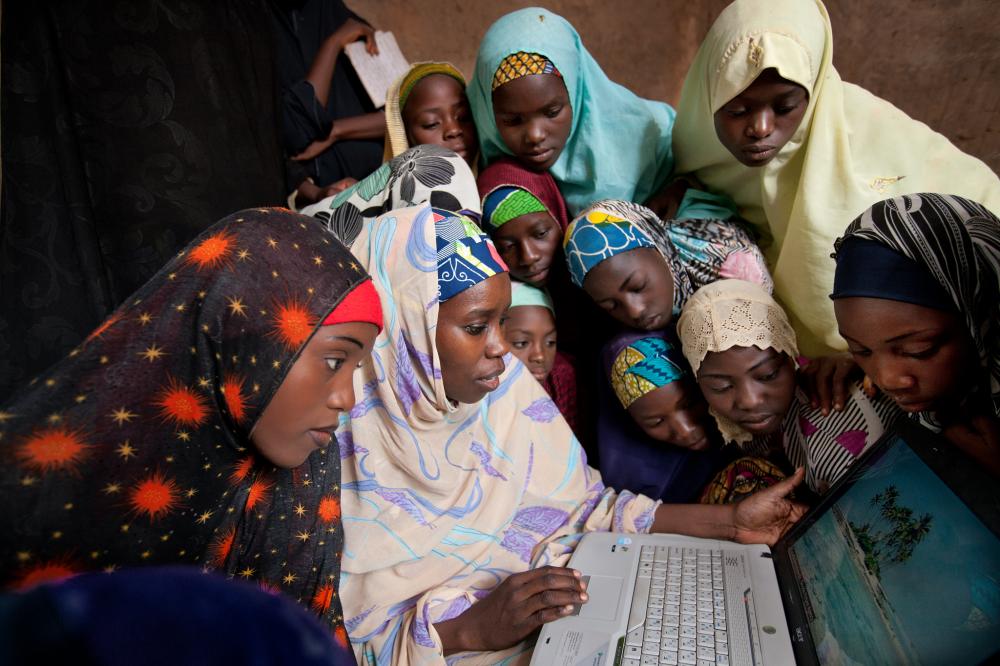WCP: More than Cash: What It Really Takes to Address Poverty
Posted in Visiting Scholars | Tagged Development, Dominique Hess, Girls, John Russo, Sherry Linkon, WCP, Women, Working-Class Perspectives
To address poverty in the global south we must do more than build schools or put cash in people’s pockets. In this week’s Working-Class Perspective, Dominique Hess argues that real change begins with empowering women so that they have the tools and confidence needed to make the most of their access to education, health care, and resources.
“Governing bodies across the world have recognised that empowering women and girls benefits not only them but those around them, because when you lift a girl out of poverty she takes her whole family and community with her. Once a family living in poverty experiences and recognises this, they are able to create new positive attitudes and norms towards women and girls that can be repeated from one generation to the next. However, there is resistance to this and it often comes from a girl’s direct ‘gatekeepers’, not governments. For example, a mother might need their daughters to stay at home and take care of the younger children so she can work — a common phenomenon across the global south. In places like Nigeria, a girl’s biggest ally is often her paternal grandmother, a woman who still holds sway over her son (the girl’s father) and who, as the mother of a boy, does not have set ideas about what the life of a daughter should be, which the girl’s mother oftentimes has.
Today the development sector increasingly understands poverty from this panoramic perspective. They understand that long lasting change requires two approaches, one that provides individuals and their communities with assets and services and another that aims to break down negative norms and behaviours and to build new positive ones. Solutions must not only provide girls with the assets and services they need, which give the confidence to ask for and use resources, but also solutions that help families and communities see girls as opportunities rather than as a cause or a burden. This means along with providing girls with the HPV vaccine and access to health clinics, we must inform and educate them about the benefits of health care. In addition, we must encourage families and communities to diminish the barriers that girls face. We can achieve these goals with projects that inform but also entertain. Better yet, when we infuse such projects with local culture and work with girls to develop the content, we may not only solve the problem of girls’ access to health care, we can also help them develop the tools and confidence to improve their own lives and help their communities.
Although technology is increasingly becoming a threat to workers within the developed world, it provides an incredible opportunity for the global south. Technology, in particular mobile solutions, can become a medium to supply both approaches for girls and other disenfranchised communities. Today, almost two-third of the world’s population has a mobile phone, however 200 million fewer women than men own a mobile phone and more noticeably once they become connected they arrive in an online world that wasn’t built with them in mind. The lack of positive and empowering content and open social channels often leaves girls and women to be preyed upon. Big players in Silicon Valley, like Facebook, are taking on the challenge of ‘connecting the unconnected’ with programs like Free Basics that work not only to connect people but to also provide the unconnected with positive, empowering content and tools. Technology and mobile, whether provided by tech giants or smaller non-profits, can be a key tool for ending global poverty.”
Read the post in its entirety and explore other Working-Class Perspectives posts on our website.
Photo by Mark Tuschman

